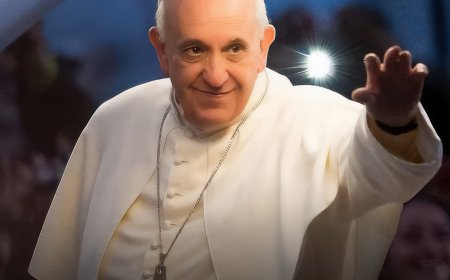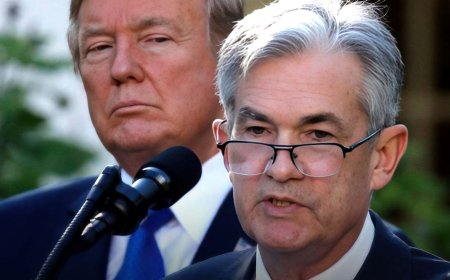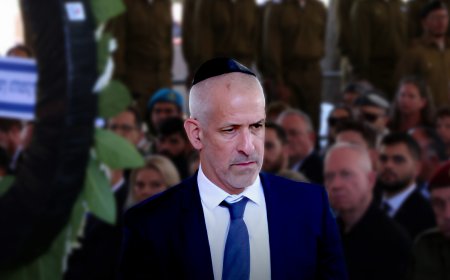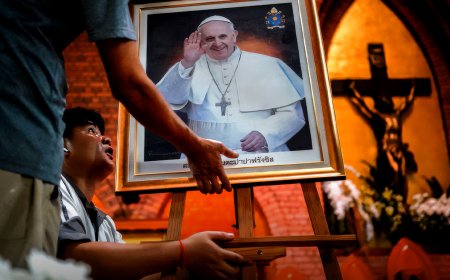Trump Announces Potential Peace Talks Between Ukraine and Russia Amid U.S. Policy Shift
In a significant development, U.S. President Donald Trump revealed on Tuesday that he received a letter from Ukrainian President Volodymyr Zelenskiy expressing Ukraine's readiness to engage in peace negotiations with Russia.
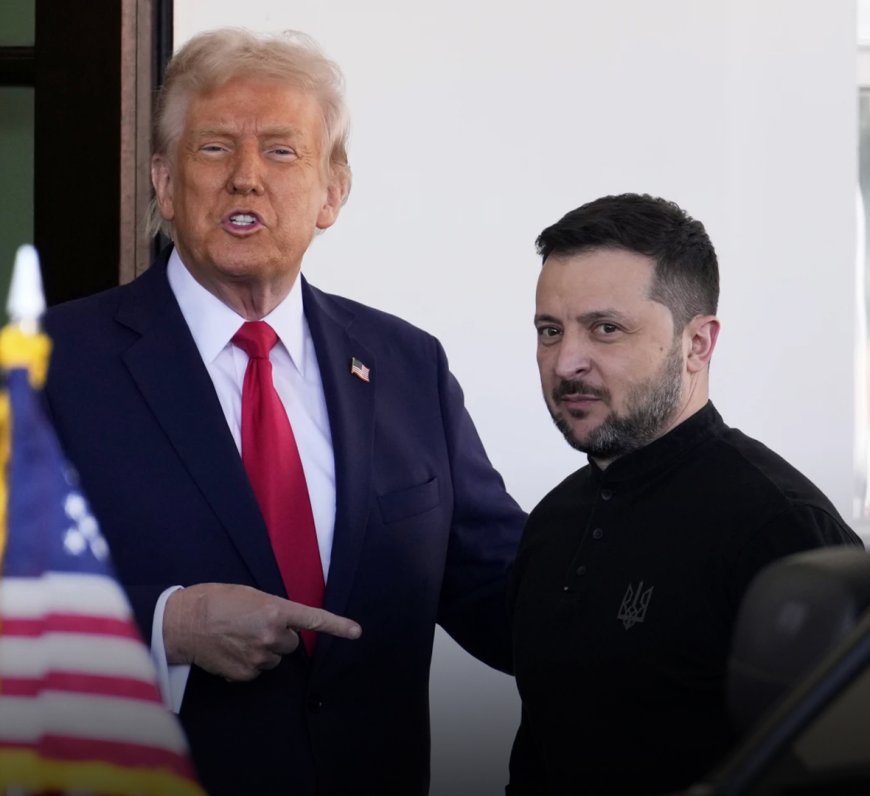
WASHINGTON/KYIV, March 4 (Reuters) – In a significant development, U.S. President Donald Trump revealed on Tuesday that he received a letter from Ukrainian President Volodymyr Zelenskiy expressing Ukraine's readiness to engage in peace negotiations with Russia. This announcement marks a potential turning point in the ongoing conflict that has gripped Eastern Europe for over three years.
Ukraine's Willingness to Negotiate
During his address to Congress, President Trump quoted directly from President Zelenskiy's letter, stating, "Ukraine is ready to come to the negotiating table as soon as possible to bring lasting peace closer. Nobody wants peace more than the Ukrainians." This sentiment underscores Ukraine's eagerness to resolve the conflict that has led to significant loss of life and displacement.
Russia's Indications Towards Peace
President Trump further highlighted that he has been engaged in "serious discussions with Russia" and has "received strong signals that they are ready for peace." He emphasized the necessity of engaging both parties in dialogue to halt the ongoing violence, stating, "It's time to stop this madness. It's time to halt the killing. It's time to end this senseless war. If you want to end wars, you have to talk to both sides."
Prospective U.S.-Ukraine Minerals Agreement
In addition to the peace overtures, President Trump mentioned that Ukraine is prepared to finalize a minerals agreement with the United States. This deal is viewed as pivotal for securing continued U.S. support for Ukraine's defense capabilities. While specific details of the agreement remain undisclosed, sources indicate that it involves access to Ukraine's rich deposits of strategically important minerals, including titanium, lithium, and manganese, which are essential for various industries such as aerospace and electric vehicles.
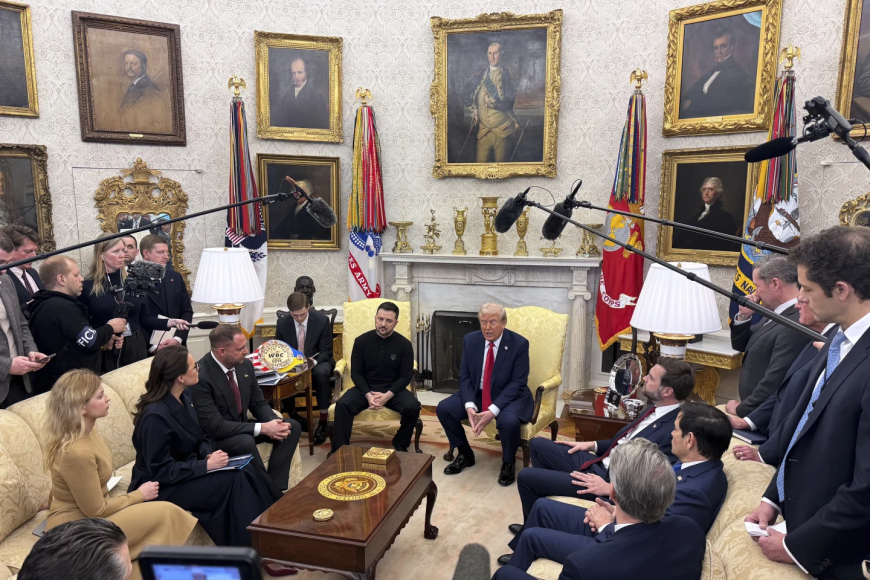
Recent Tensions and Diplomatic Efforts
This development follows a recent diplomatic strain between the U.S. and Ukraine. Last week, during a visit to Washington, President Zelenskiy had a contentious meeting with President Trump, leading to a temporary suspension of U.S. military aid to Ukraine. In response, President Zelenskiy expressed a desire to "make things right" and reaffirmed his commitment to working under President Trump's leadership to achieve lasting peace.
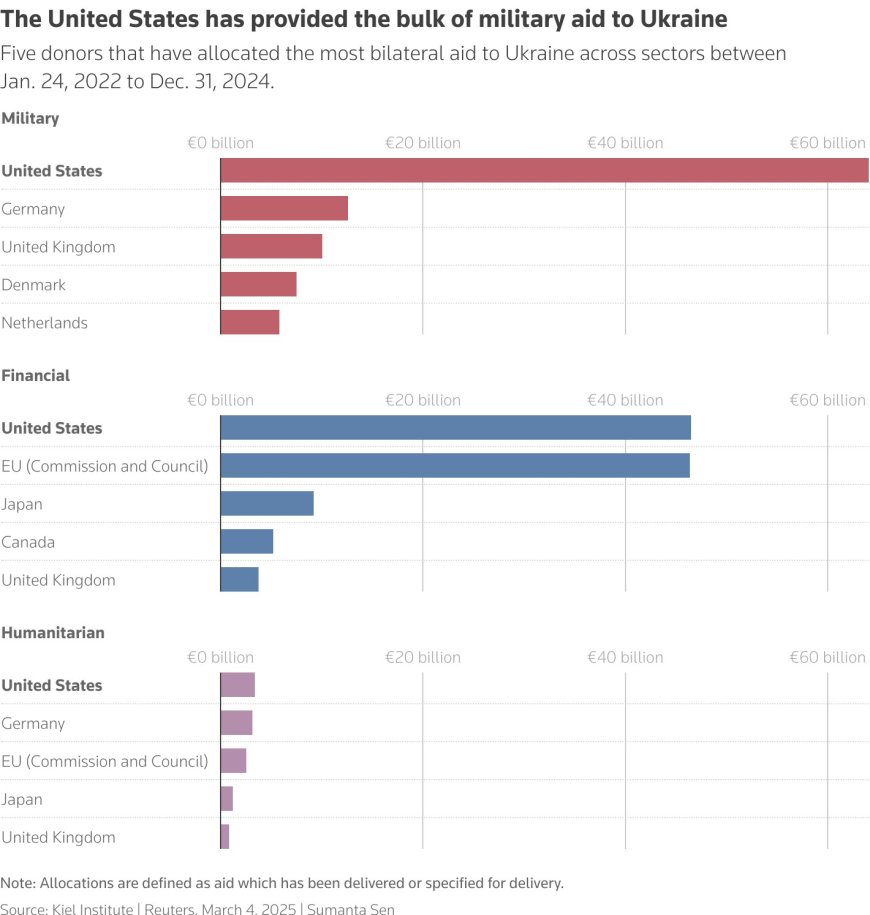
Global Reactions and European Allies
The suspension of U.S. military aid has placed additional pressure on European allies, prompting discussions on increasing defense spending and support for Ukraine. Germany's political parties have proposed a €500 billion fund to bolster defense capabilities, while the European Commission is considering mobilizing up to €800 billion for EU defense initiatives. French President Emmanuel Macron has engaged in talks with both U.S. and Ukrainian leaders, expressing optimism about Ukraine's willingness to re-engage diplomatically. However, some European leaders have criticized the U.S. administration's abrupt policy shift, cautioning against potential concessions that could favor Russian interests.
Domestic Criticism and Support
Within the United States, reactions to President Trump's announcement have been mixed. Democratic lawmakers have voiced concerns over the sudden change in foreign policy, emphasizing the importance of supporting Ukraine's sovereignty and territorial integrity. Conversely, Republican members have lauded the administration's efforts to pursue peace, viewing the potential negotiations as a necessary step toward ending the prolonged conflict.
Conclusion
The prospect of peace talks between Ukraine and Russia, facilitated by the United States, represents a significant development in international diplomacy. While challenges remain, the expressed willingness of both Ukraine and Russia to engage in dialogue offers a glimmer of hope for a resolution to a conflict that has had profound humanitarian and geopolitical implications.
What's Your Reaction?







